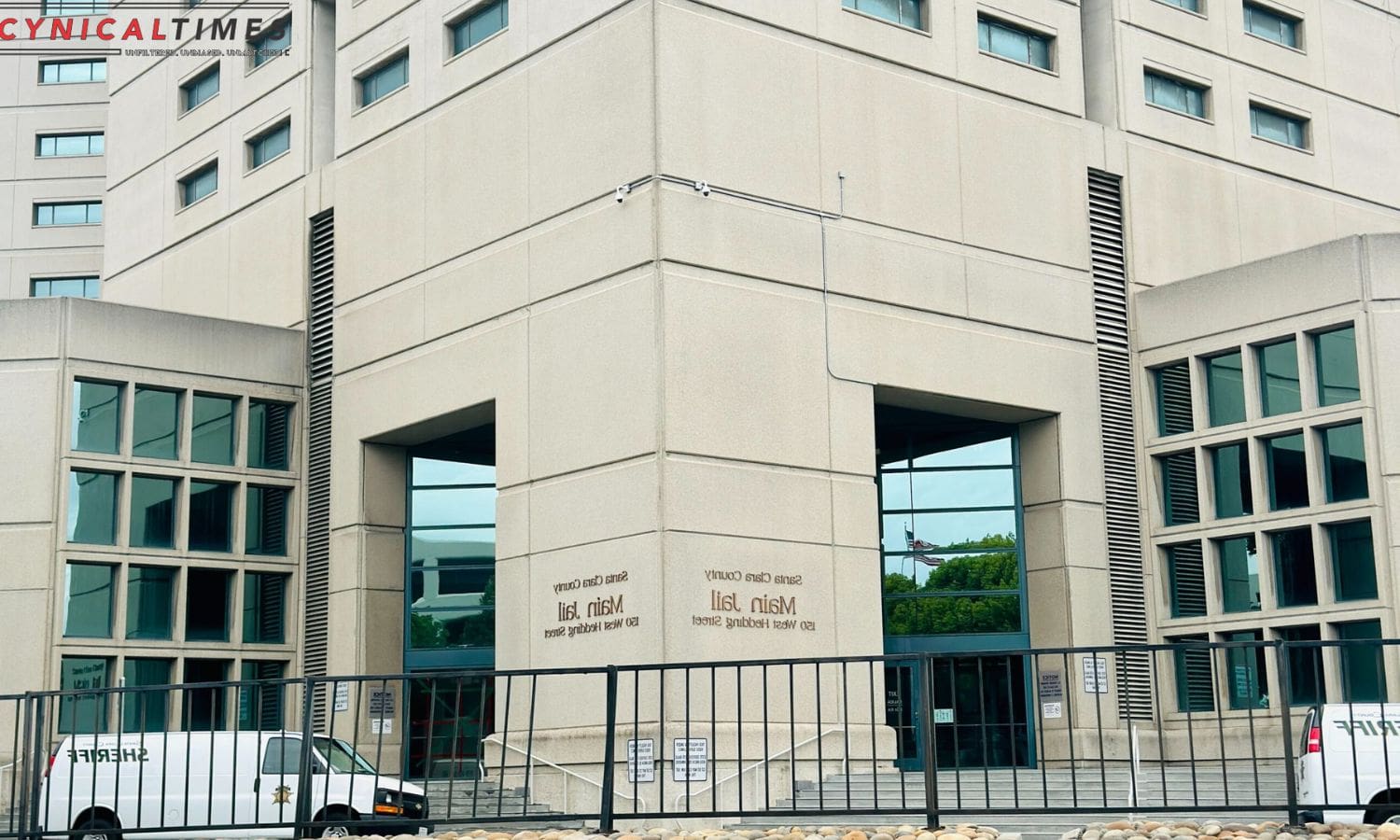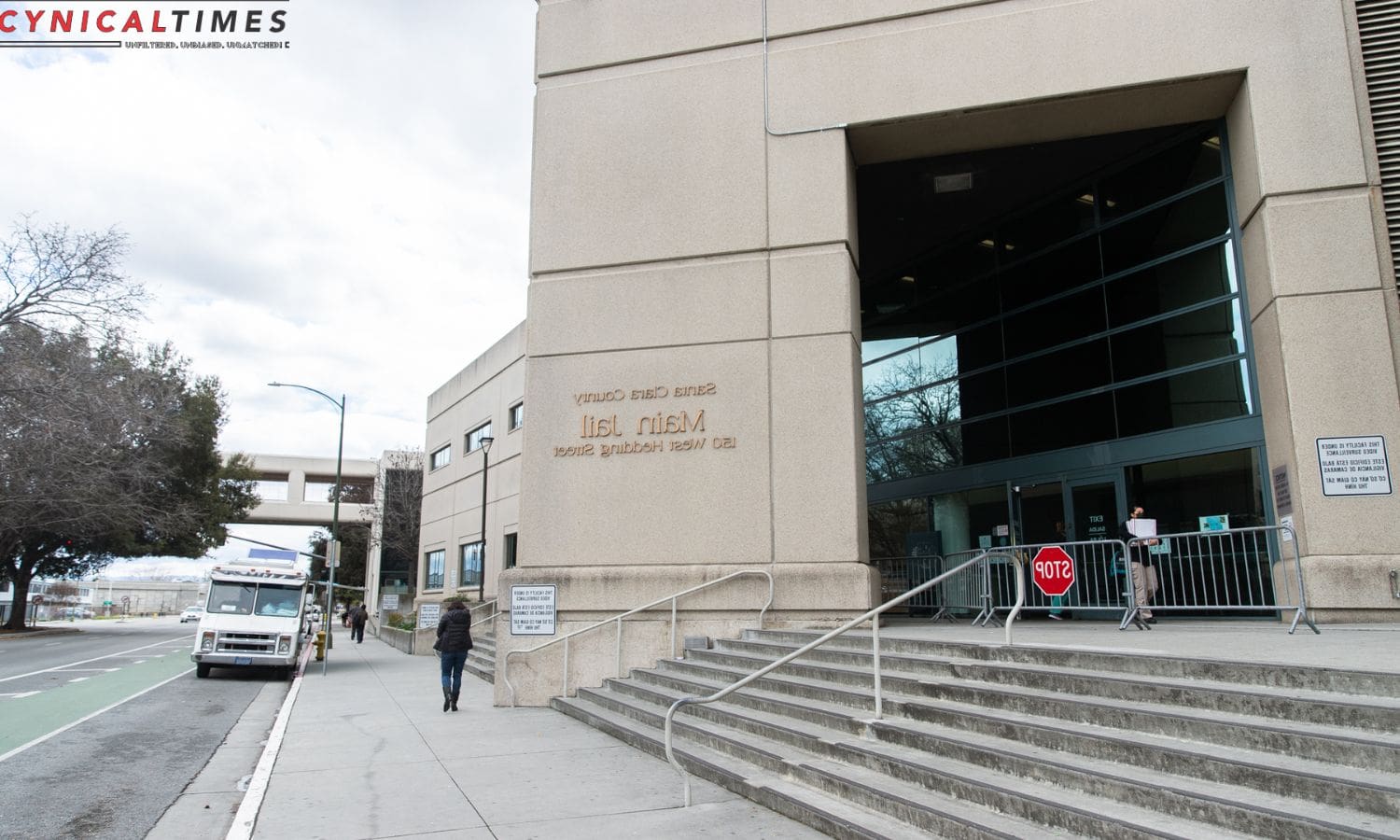ACLU Lawsuit Sparks Change: In response to an ACLU lawsuit, Santa Clara County Superior Court has implemented significant changes to its bail practices, marking a notable shift in the legal landscape.
This article explores the impact of these reforms, including self-scheduling court appearances, simplified legal processes for out-of-custody arraignments, and a collaborative approach for judicial efficiency.
The ACLU’s lawsuit has been instrumental in bringing about these changes, highlighting a victory for equity and setting a new precedent in Santa Clara County.
Key Takeaways Of ACLU Lawsuit Sparks Change
- Lawsuit filed by the ACLU Foundation of Northern California prompts significant changes in bail practices
- Addresses wealth-based detention and modifications to the process of addressing outstanding warrants
- Promotes a more equitable approach to justice and eliminates detention based on inability to afford bail
- Victory for equity, ensuring individuals are not unfairly penalized based on socio-economic status


Santa Clara County Superior Court’s New Policies: A Paradigm Shift in Legal Practices
The Santa Clara County Superior Court has implemented new policies that mark a paradigm shift in legal practices. These policies, effective in May and November, aim to streamline court procedures and reduce the unnecessary booking of individuals in jail. By adopting these policies, the court is taking a proactive approach towards enhancing efficiency and fairness in the judicial system.
One of the key aspects of these policies is the focus on reducing jail bookings. This is a significant departure from traditional practices, where individuals were often incarcerated for minor offenses or due to their inability to pay bail. The court recognizes that pretrial detention can have severe consequences, leading to job loss, disrupted families, and increased chances of reoffending. By implementing these policies, the court is acknowledging the need for a more equitable and effective system that prioritizes public safety while also protecting individual rights.
Moreover, these policies align with the court’s commitment to improving court efficiency. By reducing unnecessary jail bookings, the court can allocate its resources more effectively, ensuring that cases are processed in a timely manner. This not only benefits the court and its staff but also enhances access to justice for all parties involved.
Self-Scheduling Court Appearances: A Flexible Approach to Bench Warrants
In response to an ACLU lawsuit, Santa Clara County has introduced a flexible approach to bench warrants by allowing individuals to self-schedule court appearances on an out-of-custody basis. This innovative policy aims to provide individuals with active bench warrants the opportunity to address their legal matters without being placed in custody.
By self-scheduling court appearances, individuals have the ability to choose a date and time that works best for them, providing a level of flexibility that was previously unavailable. This approach not only benefits individuals by allowing them to better manage their personal and professional commitments, but it also streamlines the court process by reducing the number of individuals who need to be taken into custody for bench warrants.


Also Read: Former Sheriff Faces Legal Heat: Lawsuit Unveils Harassment Allegations
Out-of-Custody Arraignments: Simplifying Legal Processes
Santa Clara County has implemented a streamlined approach to arraignments for individuals who are out of custody, simplifying legal processes. This new policy allows individuals facing arrest warrants to schedule court appearances before a judge without being taken into custody. By proactively addressing these cases through counsel, the county aims to enhance accessibility and efficiency within the legal system.
Out-of-custody arraignments offer several benefits. Firstly, they eliminate the need for individuals to be physically present in court, reducing the burden of transportation and potential disruption to their daily lives. Additionally, by scheduling court appearances in advance, individuals have the opportunity to better prepare their defense, gather evidence, and consult with their legal representation.
This streamlined approach not only saves time and resources but also promotes fairness and access to justice. By simplifying the legal process, Santa Clara County is taking a proactive stance in ensuring that all individuals, regardless of their custody status, can navigate the legal system with ease and efficiency.
Collaboration for Judicial Efficiency: A Unified Front
Implementing a unified front, the collaborative efforts between the Santa Clara County Superior Court, Sheriff’s Office, District Attorney’s Office, and Public Defender’s Office have been instrumental in achieving judicial efficiency. This coordinated approach has resulted in a more streamlined and effective legal system.
The collaboration for judicial efficiency has led to several key outcomes:
- Improved communication: By working together, these agencies have established clear lines of communication, ensuring that information flows smoothly between departments. This allows for faster decision-making and reduces delays in the legal process.
- Shared resources: Pooling their resources, the Santa Clara County agencies have been able to optimize their efficiency. By sharing information, technology, and expertise, they have created a more robust and effective system.
This unified front not only enhances the efficiency of the legal system but also ensures that justice is served in a fair and timely manner. By working together, these agencies have set a precedent for effective collaboration and can serve as a model for other jurisdictions seeking to improve their judicial processes.
ACLU Lawsuit Spurs Bail Practice Changes: A Victory for Equity
The lawsuit filed by the ACLU Foundation of Northern California has prompted significant changes in bail practices, marking a victory for equity in Santa Clara County.
The legal action aimed to address wealth-based detention and has resulted in modifications to the process of addressing outstanding warrants.
These changes promote a more equitable approach to justice, ensuring that individuals are not detained solely because they cannot afford bail.
By challenging the existing system, the ACLU has successfully advocated for a fairer and more just bail process.
This victory for equity means that individuals will no longer be unfairly penalized due to their socio-economic status.
The changes in bail practices serve as a stepping stone towards a more inclusive and just criminal justice system in Santa Clara County.


Conclusion Of ACLU Lawsuit Sparks Change
ACLU lawsuit against Santa Clara County has led to significant changes in bail practices, bringing about a paradigm shift in the legal system.
The implementation of new policies, such as self-scheduling court appearances and out-of-custody arraignments, has simplified legal processes and increased flexibility for defendants.
This collaborative effort between the court and the ACLU has not only improved judicial efficiency but also achieved a victory for equity in the criminal justice system.

